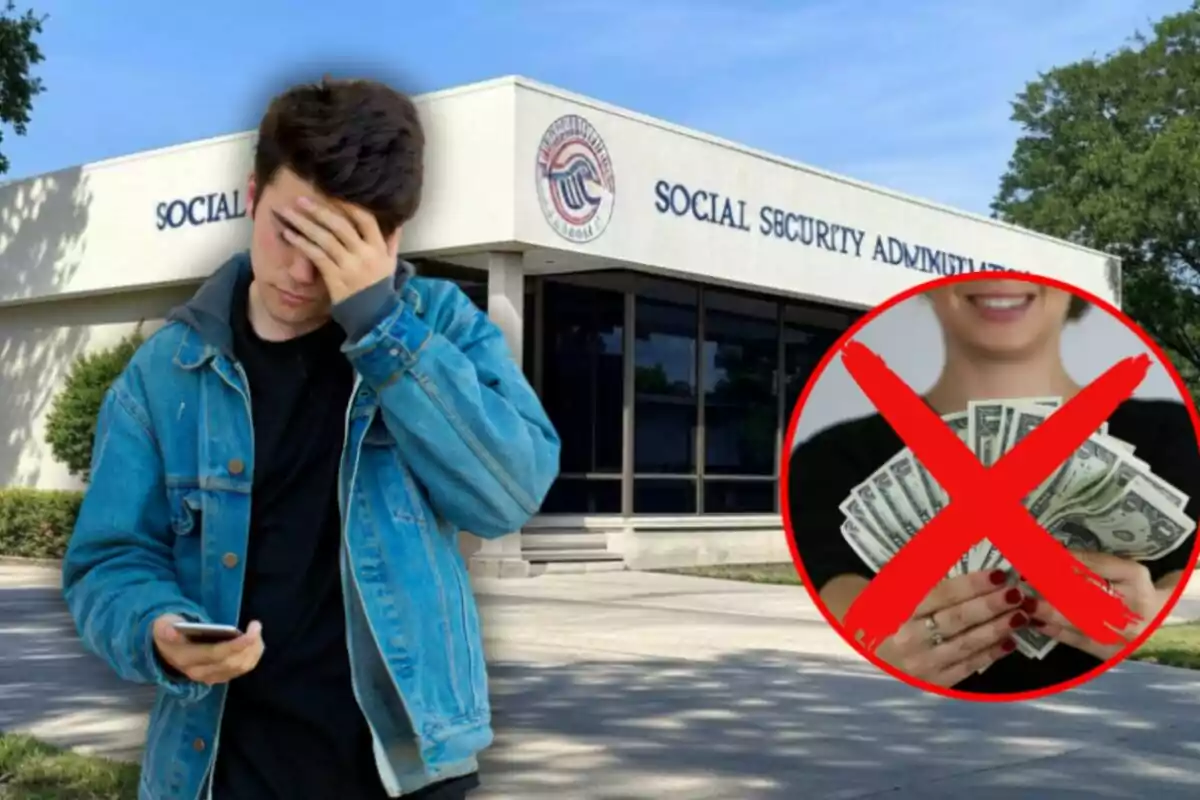The Social Security Board of Trustees has just released a report that has set off alarms. According to its latest update, the Social Security Trust Fund could run out of funds by 2034.
This is one year earlier than was expected. What does that mean? It means that millions of retirees in the United States could see their monthly checks reduced by as much as 20%.
The cut would mainly affect those who rely on retirement benefits from the Old-Age and Survivors Insurance (OASI). Fortunately, Disability Insurance (DI) payments wouldn't be at risk for now. But the fund that supports most retirees is in serious trouble.
What will happen to your pension?
If you are retired, plan to retire soon, or are simply working and thinking about the future, this news should concern you. It's not that Social Security will disappear, but your income could drop significantly if action isn't taken.

For many people, that monthly check is their main source of support: to pay rent, buy food, or get medicine. A cut of nearly 20% is no small matter; it's a real crisis for those who depend on that assistance.
Some young workers have thought they could end up with nothing in the future. That's not true. Social Security will keep operating, but with less money available, everyone will receive less if nothing is done.
Why is this happening?
The answer lies in numbers and demographics. More and more people are retiring and living longer, while fewer new workers are entering the system to support it. This balance is breaking down.
For decades, the system built up a financial cushion of nearly 3 trillion dollars. But now, those savings are running out quickly. Social Security is spending more money than it takes in, and without reforms, that fund will be depleted in about 10 years.
Recent changes, such as less immigration and tax cuts, could reduce the system's revenues and worsen the situation.

Is there a solution?
Yes, but urgent action is needed from lawmakers. Some ideas to save the system include:
- Raising the payroll tax cap so higher incomes contribute more.
- Adding new sources of revenue to the tax.
- Slightly increasing payroll tax rates for everyone.
- Boosting economic growth to generate more resources.
The good news is that most Americans are willing to pay a little more if it protects their pensions. The real challenge is for Congress to reach an agreement.
Meanwhile, the best thing you can do is stay informed. If you are close to retirement, review your statements and assess when is the best time to claim benefits. If you are young, pay attention, because this issue will affect your future more than you imagine.

